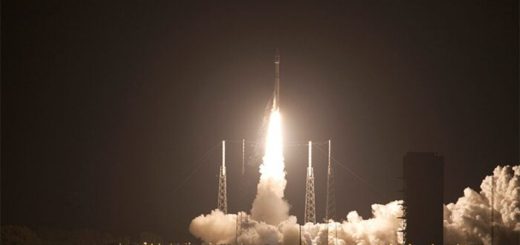How to Build a Better Space Explorer

What would you do to earn a slot on a Mars mission? Eat and drink your own bodily excretions? Consume your own clothing or pieces of your spacecraft? Put up with people who, by the end of the trip, will irritate you more than your in-laws?
No, these aren’t dares. They’re actual solutions considered by NASA to solve problems posed by space travel [source: Roach].
In space, nothing mechanical or biological works quite the way it’s supposed to. Fuses malfunction, and welding torches throw off dangerous globs of hot metal. Body odor and bad breath hang around. Food and filth float. In this unforgiving environment, even snoring poses a potential threat, robbing crewmates of vital sleep. Every day in space is like finals week, only the consequences of failing are substantially worse.
NASA engineers can account for every ounce of crew, fuel and cargo on their ships, but they’re powerless to control emotional baggage. No fabricated valve exists that can regulate the emotional pressure that builds throughout a long space mission.
Lengthy space excursions take a substantial physical toll as well. Near Earth, weightless astronauts suffer bone loss and muscular atrophy, experience higher than normal radiation levels and face a higher risk of kidney stones. Once we send voyagers beyond Earth’s protective magnetic shield, they’ll occupy a much hotter and more temperamental radiation zone.
Physical shielding will likely prove impractically heavy, but technology might suggest other solutions. Building a faster spaceship would decrease radiation exposure; it would also reduce food and water weight, thereby cutting costs. NASA might also develop a new technology that repels cosmic rays. Such solutions probably lie far in the future, however.
Rather than wait, some scientists suggest sending colonists on a one-way trip to the red planet. Paul Davies of Arizona State University and Dirk Schulze-Makuch of Washington State University, in a 2010 article in the Journal of Cosmology, estimated that nixing return fuel and supplies could save 80 percent of the cost of a Mars mission. The article’s publication brought postcards from more than 1,000 volunteers, even though no such mission exists [sources: Kaufman; Klotz].
That pioneering spirit will constitute a vital core value for any near-future space colonist, but guts and gusto alone will not be enough. Space programs already set strong baseline requirements for space travelers, but a crewed trip to another planet will take them deep into uncharted waters.
When the sky’s the limit, what should we look for in astronaut candidates? If the technology becomes available, should we choose astronauts with a genetically lower risk of radiation-related health problems? Could we train people from childhood to be better adapted, mentally and physically, to life in space?
How far might we be willing to go to conquer the great unknown? Perhaps even to the point of changing what it means to be human?



 Creators of mankind
Creators of mankind Description of “Tall white aliens”
Description of “Tall white aliens” Where they came from?
Where they came from? About hostile civilizations
About hostile civilizations The war for the Earth
The war for the Earth “Tall white aliens” about eternal life
“Tall white aliens” about eternal life Video: “Nordic aliens”
Video: “Nordic aliens” Aliens
Aliens Alien encounters
Alien encounters The aliens base
The aliens base UFO
UFO Technology UFO
Technology UFO Underground civilization
Underground civilization Ancient alien artifacts
Ancient alien artifacts Military and UFO
Military and UFO Mysteries and hypotheses
Mysteries and hypotheses Scientific facts
Scientific facts


















